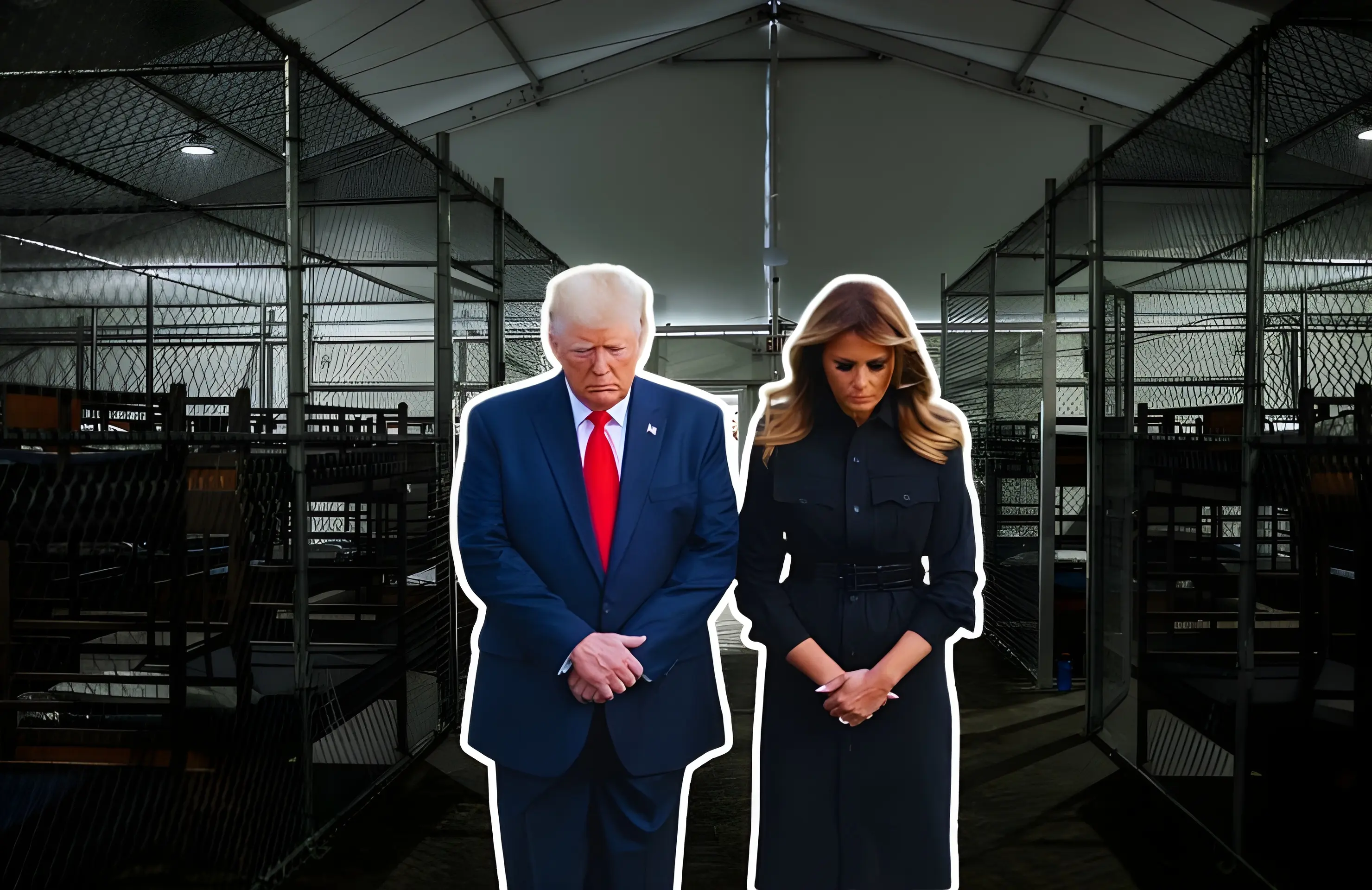What’s Next for Harvard’s Nearly 7,000 International Students?

Harvard University in Cambridge, Massachusetts, U.S., Photo: Xinhua
May 23, 2025 Hour: 12:35 pm
While graduating students in 2025 can complete their degrees, others must depart Harvard by the policy’s effective date.
On Thursday, U.S. President Donald Trump abruptly revoked Harvard University’s authority to enroll international students, stripping its certification under the Student and Exchange Visitor Program (SEVP).
RELATED:
Harvard University Hit by $450 Million Federal Cut Over Antisemitism Claims
The decision, announced by U.S. Department of Homeland Security Secretary Kristi Noem, bars Harvard from admitting new international students starting in the 2025-2026 academic year and forces current ones to transfer schools or risk losing their legal status.
The unprecedented action — reportedly tied to Harvard’s refusal to share disciplinary records and protest-related materials involving international students — has left nearly 7,000 Harvard students in limbo and raised questions about what’s next for international students in the United States.
WHERE WILL THEY GO?
Harvard University currently hosts nearly 6,800 international students from over 140 countries. According to data from Harvard, as of the fall semester of 2023, international students made up over 27 percent of the total student population.
The U.S. government’s revocation of Harvard’s SEVP certification, effective from the 2025-2026 academic year, bars the university from admitting new international students and forces current ones to either transfer to SEVP-certified institutions or risk losing their legal status.
While graduating students in 2025 can complete their degrees, others must depart Harvard by the policy’s effective date. Newly admitted international students, set to enroll this fall, will also be barred from enrollment unless the decision is reversed.
In a statement in response to the ban, Harvard called the administration’s action unlawful and harmful. “We are fully committed to maintaining Harvard’s ability to host our international students and scholars, who hail from more than 140 countries and enrich the University — and this nation — immeasurably,” the statement said.
“We are working quickly to provide guidance and support to members of our community. This retaliatory action threatens serious harm to the Harvard community and our country, and undermines Harvard’s academic and research mission,” it added.
SEVP certifications are typically revoked for administrative failures, such as inadequate facilities, not political disputes. While Harvard could challenge the decision in court, no legal action has been announced yet.
WHY TARGET HARVARD?
According to the U.S. Department of Homeland Security, the reason for this move was that Harvard University refused to comply with the request to turn over information about foreign students that might implicate them in violence or protests that could lead to their deportation.
“This administration is holding Harvard accountable for fostering violence, antisemitism,” said Noem, accusing Harvard of creating an unsafe campus environment by allowing “anti-American, pro-terrorist agitators” to assault Jewish students on campus.
Noem said Harvard can regain its SEVP certification if it provides, within 72 hours, a trove of records, including audio or video footage, of foreign students participating in protests or dangerous activity on campus.
The administration in April froze US$2.2 billion in federal grants to Harvard after the university rejected demands to eliminate diversity, equity, and inclusion programs and evaluate international students based on ideological concerns. In addition, the Trump administration has threatened to consider stripping Harvard of its tax-exempt status.
WHAT’S NEXT FOR AMERICAN UNIVERSITIES?
The ban is part of a wider campaign by the Trump administration to pressure elite universities into meeting federal demands tied to funding and tax exemptions — part of a political strategy to reshape race-based admissions policies and challenge what it perceives as academia’s liberal bias.
During his 2024 election campaign, Trump pledged to “reclaim our once great educational institutions from the radical Left and Marxist Maniacs.” In March, the U.S. Department of Education sent letters to 60 colleges and universities it claimed were under investigation for alleged violations “relating to antisemitic harassment and discrimination,” CNN reported. Many institutions, including Harvard, faced federal funding cuts.
Following her announcement to revoke Harvard’s SEVP certification, Noem threatened universities across the United States during an appearance on Fox News on Thursday. “This should be a warning to every other university to get your act together,” Noem said.
Noem’s statement implied that any institutions that do not comply with federal demands may become the next target. If so, international students at these institutions may also face the risk of having to transfer or even lose their legal status, calling into question the openness and diversity of U.S. higher education.
teleSUR/ JF
Source: Xinhua






